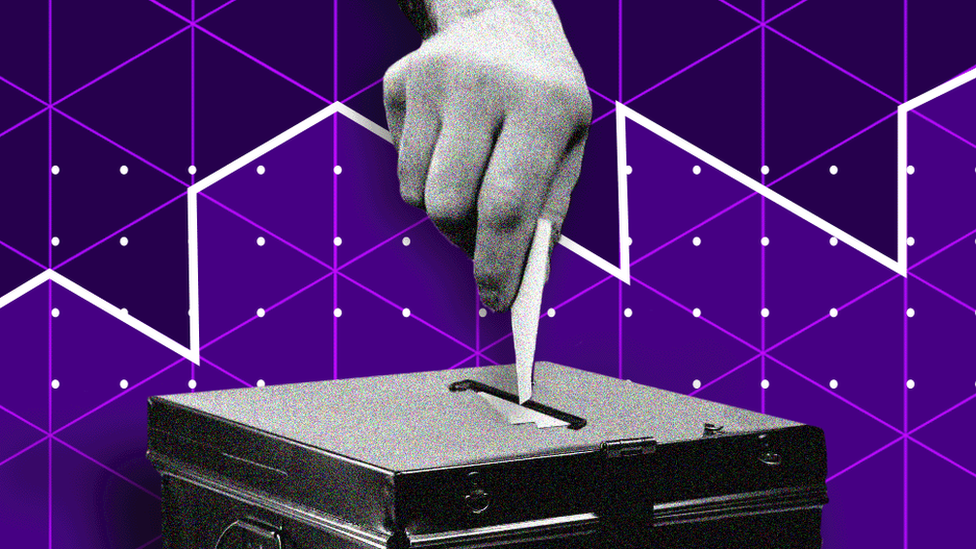July election date disrespectful to Scotland - Swinney
John Swinney raised concerns around the holiday date for the election
- Published
First Minister John Swinney says the decision to hold a general election as Scottish schools begin their summer break is the "latest act of disrespect" from the UK government.
Prime Minister Rishi Sunak announced the poll would be held on 4 July during a rain-soaked speech at 10 Downing Street.
Mr Swinney said that holding the vote on the first week of the holidays showed the impact on Scots "will not have been given a moment's thought".
New Westminster constituency boundary changes also mean that Scottish voters will now return 57 MPs, down from 59 at the last election.
Mr Swinney, who became leader of the SNP earlier this month, said the Conservative government had done "enormous damage" to Scotland.
He added: "Scotland is protected by the SNP. If you vote for the SNP, you vote for a party that's going to put Scotland first."
The Scottish government had wanted to hold a second independence referendum on 19 October last year - when most schools across Scotland would have been on holiday, including those in Glasgow, Edinburgh, Aberdeen and the Highlands.
Live: Follow the latest updates on the general election
- Published23 May 2024
Rishi Sunak announces 4 July general election
- Published22 May 2024
A simple guide to the 4 July general election
- Published4 July 2024
However, polling expert Sir John Curtice told BBC News that the SNP would "not welcome" the election timing.
He said: "They have just replaced their leader and John Swinney is hoping to turn things around.
"At the moment the party is running about five or six points behind Labour north of the border."
Sir John also said the future did not look bright for the Tories in Scotland, adding that Mr Sunak was “very brave or extremely foolhardy” to call the election now.
He added: "This is an election for Labour to win."
With support for the SNP at 29% in a recent YouGov poll, its tally of MPs could fall from 43 to 11.
Labour, which has two Scottish MPs, could stand to win 35 seats in Scotland.
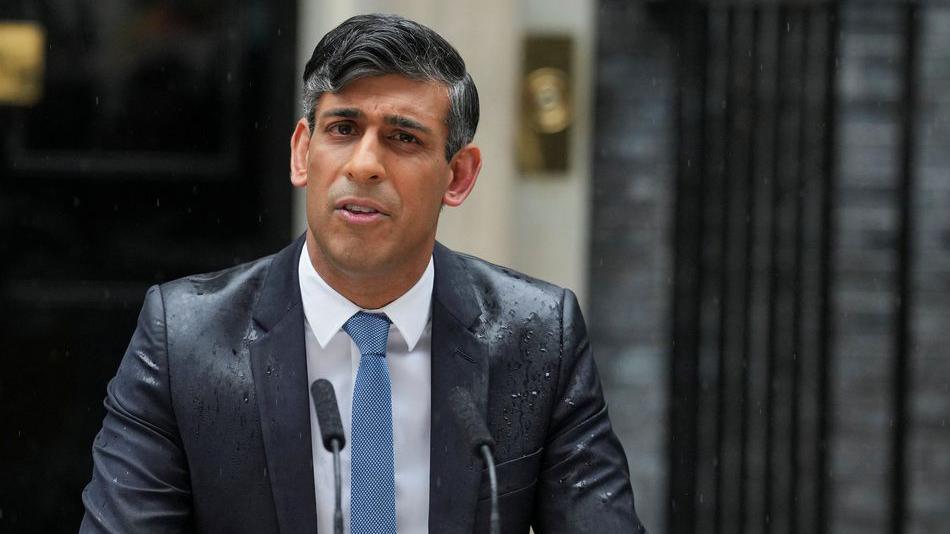
Rishi Sunak confirmed the election date outside 10 Downing Street
At the last election in 2019, Scots elected just one Labour MP - down from seven - with Ian Murray holding on to his Edinburgh South seat.
The SNP won 48 seats. However, defections and the loss of Rutherglen and Hamilton West to Labour in a by-election means the SNP now has 43 MPs.
Scottish Labour Leader Anas Sarwar promised his party would deliver change in Scotland.
“After 14 years of Tory chaos and failure, this is an opportunity that we cannot afford to miss," he said.
“Scotland is crying out for change and that change is only possible with a Labour government led by Keir Starmer that is on the side of working people."
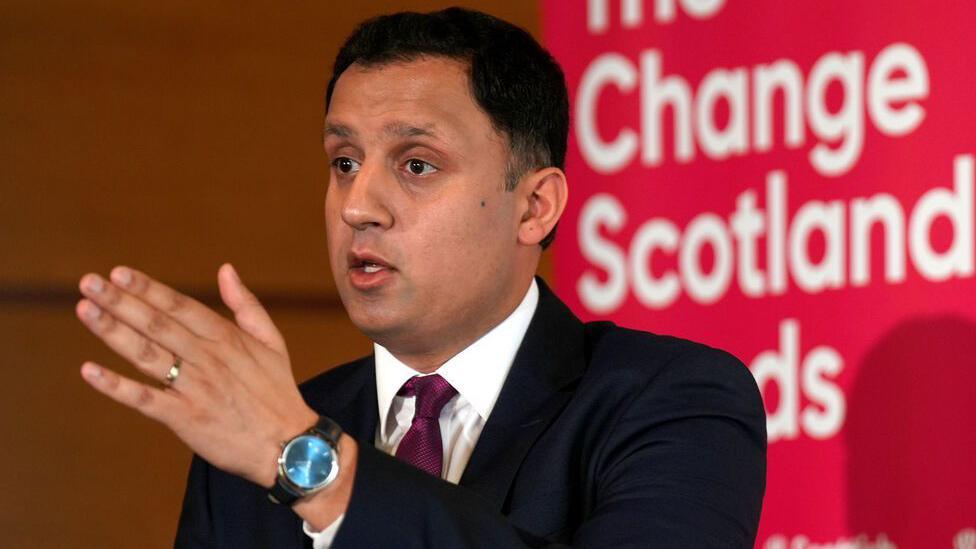
Anas Sarwar said Scottish Labour would deliver change in Scotland
The Scottish Conservatives said they were prepared to "fight" SNP dominance north of the border.
Leader Douglas Ross called the election a "huge opportunity to defeat the SNP" and end their "obsession" with Scottish independence.
He said: “If voters unite in the many seats where it’s a straight fight between the Scottish Conservatives and the SNP, we can get rid of nationalist MPs who have never focused on the things that really matter.
“In key seats up and down Scotland, only the Scottish Conservatives can beat the SNP."
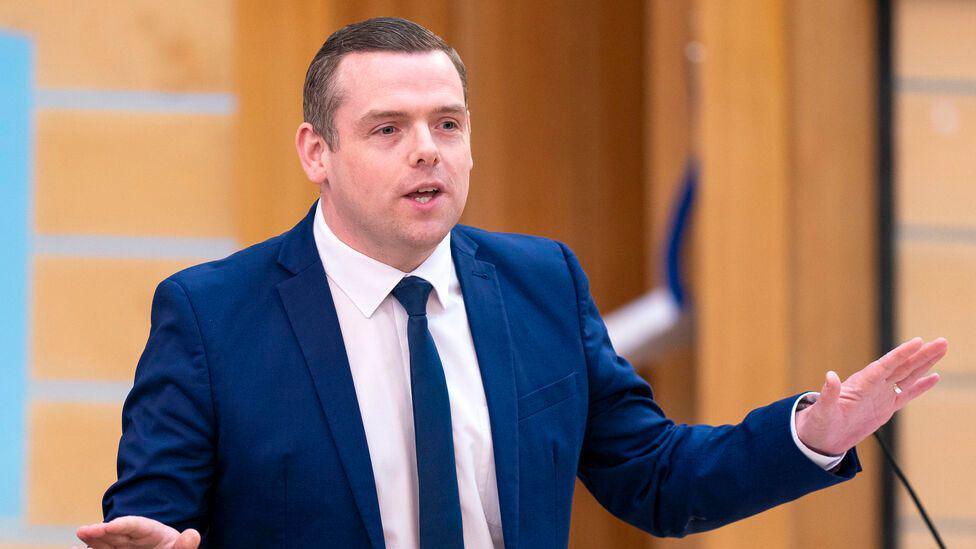
Douglas Ross welcomed the opportunity to "fight" the SNP at the election
The Scottish Liberal Democrats also hope to make gains from the SNP.
In 2019, the party won just four seats in Scotland, with then UK leader Jo Swinson losing her Dunbartonshire East constituency to the SNP.
They hope to gain from the SNP in the Highlands, specifically in the Lochaber, Skye and Wester Ross seat.
The area was previously represented by former Lib Dem leader Charles Kennedy before he lost his seat to Ian Blackford of the SNP in 2015.
Scottish Lib Dem leader Alex Cole-Hamilton MSP said: “The Conservatives and the SNP have taken people for granted and made a mess of our country for too long.
"People have had enough, it’s time for change and Scottish Liberal Democrats are here for it."
- Published4 July 2024
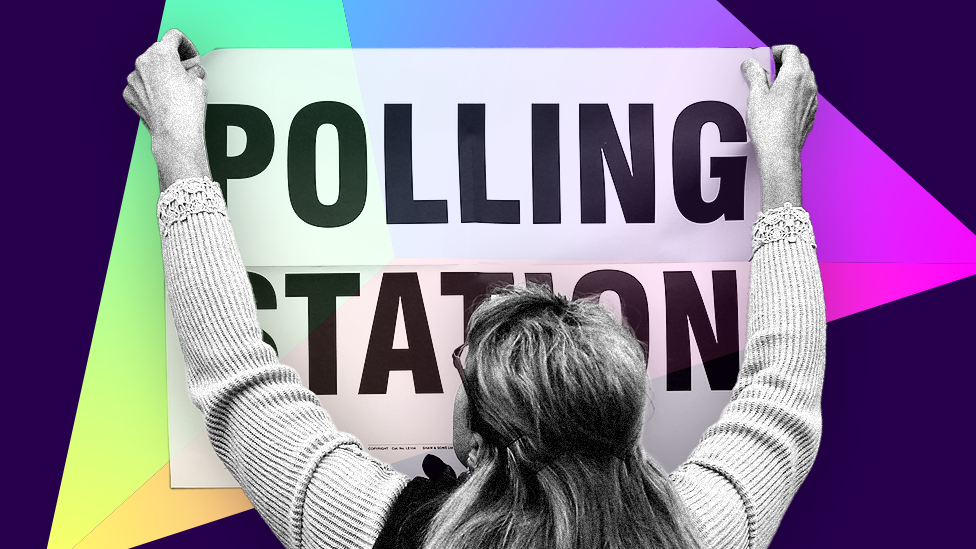
- Published22 May 2024
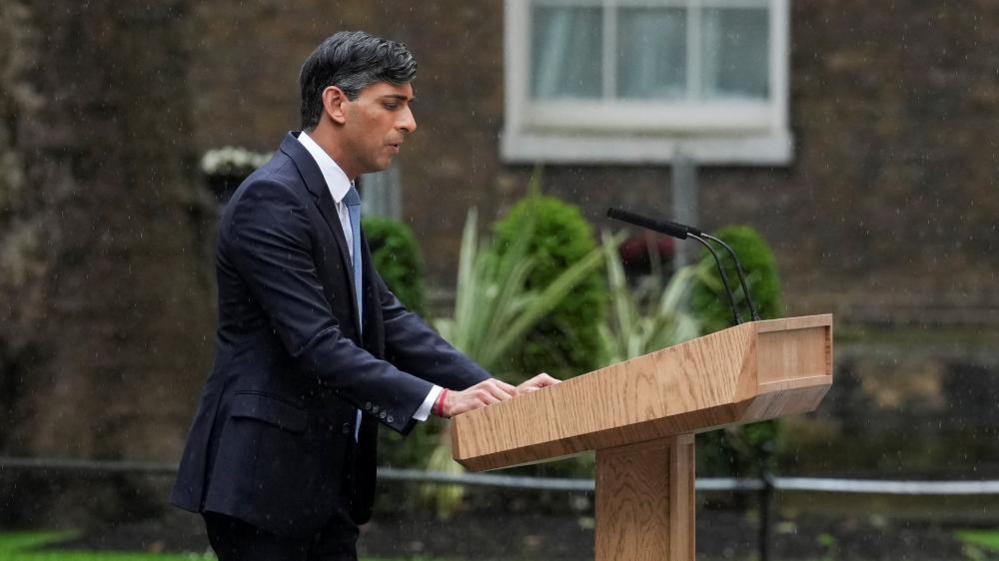
- Published3 July 2024
